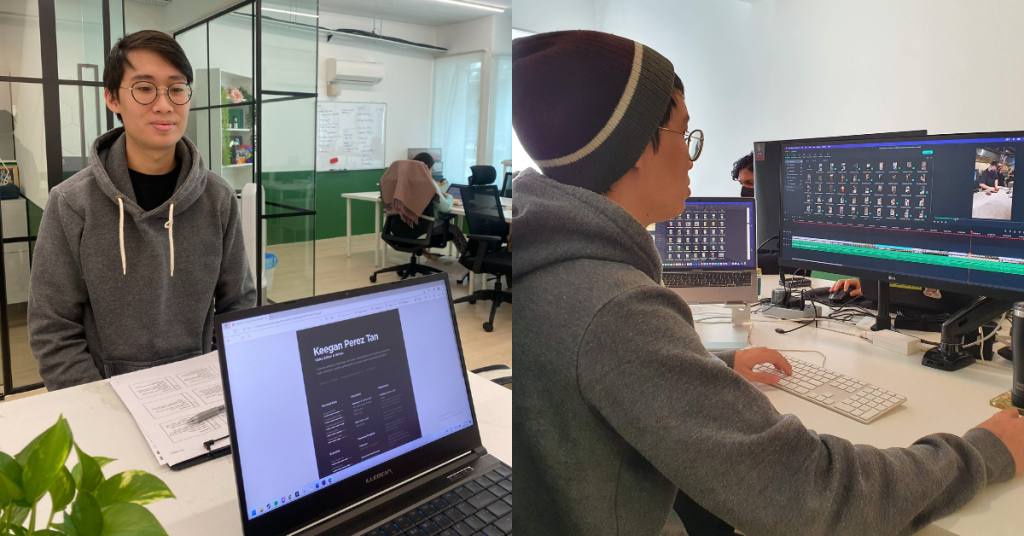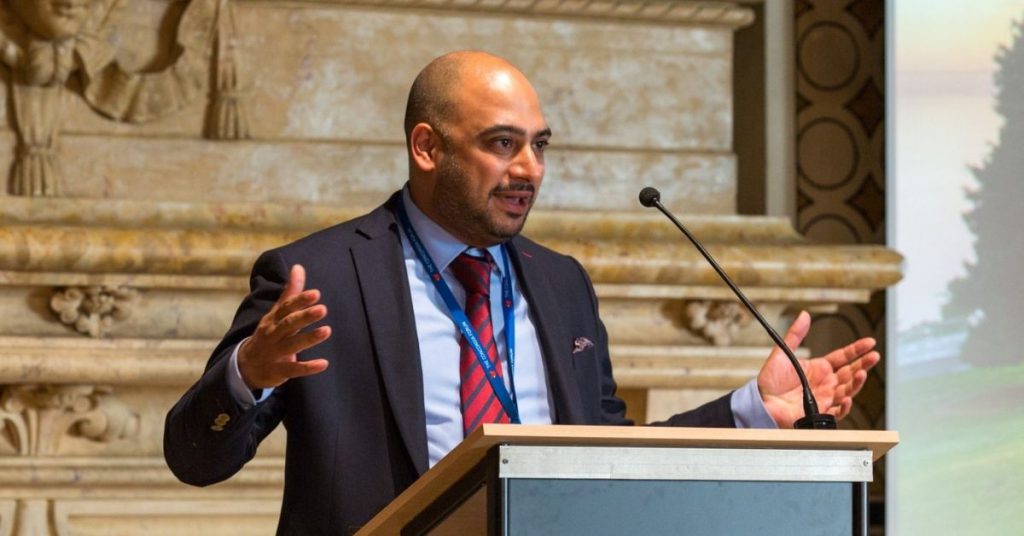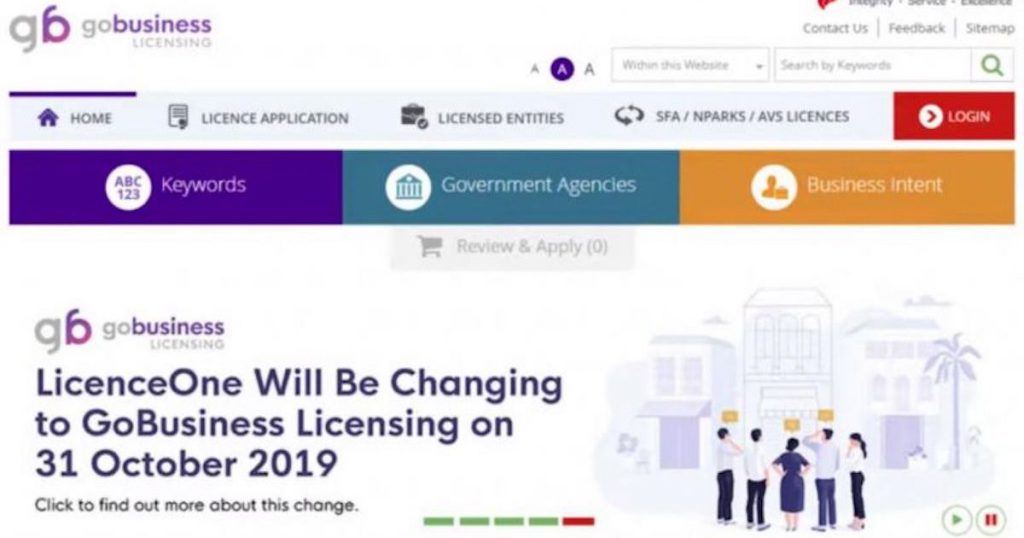Southeast Asia is a very interesting region. It is home to the world’s selfiest cities, most expensive city to live in, and even the most instagrammed building in the world.
It is also home to countries with the fastest and slowest Internet connectivity.
In a recent study by ASEAN DNA on Internet speed in Southeast Asia, the good news is that every ASEAN country has access to the Internet. The bad news? Internet speed across the region varies significantly from one country to another.

From the chart above, Singapore reigns supreme as home to the region’s fastest Internet speeds at a whooping 61 MBPS. This number is even faster than Japan and the US who are at 41.7 and 22.3 MBPS respectively.
From a Filipino’s perspective, I am used to around 1 to 2 MBPS everyday and the Internet speed in Singapore is significantly higher than what we have here. From the same chart, the Internet speed here seems to lag behind that of other ASEAN countries. With the Internet speed averaging at only 3.6 MBPS, it is worse than Laos, Myanmar, and even Thailand – the nation closest to the Philippines in terms of economic growth.
There are a lot of ways Filipinos can access the Internet. The most popular ones are through DSL plans, broadband plans as well as through mobile data plans. The first two plans are normally for home or small office use while mobile data plans are for smartphones.
How much are Filipinos paying for the Internet? Let’s take a look at the pricing scheme of an Internet provider in the Philippines for home broadband plans:
The prices above are, on the average, roughly the same with other providers in the country.
Let’s take a look at the broadband plans of SingTel, an Internet provider in Singapore:
Big difference?
I think there is. Apparently, Singaporeans are paying less for a 6MBPS home broadband than we do on a 3MBPS plan.
A young senator in the Philippines also thinks there is a problem with the very expensive yet slow Internet connectivity in the country. After the publication of the chart by ASEAN DNA, Senator Bam Aquino went on his Facebook and said:
“Do we really need to pay premium for an Internet connection that’s often slow and — most times — unreliable? The NTC should provide a clear explanation for this,” the senator insisted.
Faster Internet is almost directly related with productivity: a slower Internet speed translate to lower productivity. As Senator Aquino mentioned in his post, the ASEAN Integration will start in full scale by 2015. If you are unfamiliar with it, the Integration is as if the countries in Southeast Asia will be treated as a single market instead of being 10 countries with different markets. Sort of like the European Union in Europe.
If the senator’s desire to investigate the issue does happen, it will be interesting to see how the Internet speed (and prices) in the country will change in the future.
Also read: Sick of slow Internet speed? Come to Asia!

















